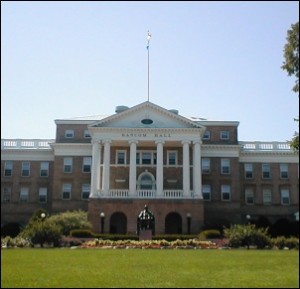To Shave or Not to Shave: That is the Question in This Workplace RFRA Case
 In the last two weeks or so, my employment discrimination law class has been studying disparate impact litigation. One of the more challenging cases that we study is the Fitzpatrick case from the 11th Circuit concerning the no-beard policy of a fire department.
In the last two weeks or so, my employment discrimination law class has been studying disparate impact litigation. One of the more challenging cases that we study is the Fitzpatrick case from the 11th Circuit concerning the no-beard policy of a fire department.
The policy is supported by the need to have a good seal between a firefighter’s respirator and his face. The policy was claimed to have a disparate impact on black firefighters with a skin condition making in difficult for them to shave. The 11th Circuit, in 1993, found that although there might be a disparate impact, the fire department was able to show that the practice was consistent with business necessity because of safety concerns the fire department had regarding use of these respirators by firefighters even with so-called shadow beards.
Fast-forward fifteen years and now comes a similar case in the D.C. Circuit concerning the no-beard policy of the fire department. Instead of race discrimination, this suit alleges that a clean-shaven face for safety personnel violates some employees’ religious freedoms under the Religious Freedom Restoration Act of 1993 (RFRA). As such, the Title VII framework does not apply and instead the court must balance the exercise of religious liberties with competing government interests. This type of balancing test reminds me much more of a public employee case involving free speech rights.
In any event, the BLT blog has the details:


